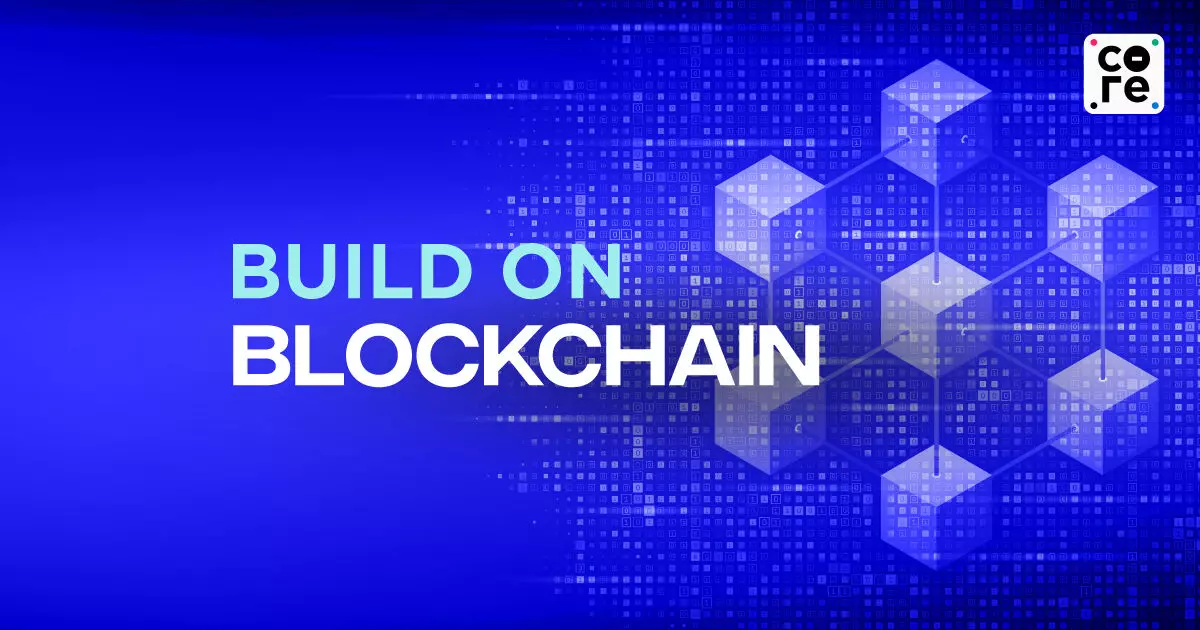
- Home
- Technology
- Smart Contracts: The New Code Word
Smart Contracts: The New Code Word
A smart contract is a bunch of code written on a blockchain, which executes as soon as certain conditions are fulfilled.

You reach the airport and come to know that your flight is delayed because of a technical snag. The airline says “sorry for the inconvenience.” You know you’re going to be late.
But a smile flickers across your face because the genius in you insured this trip, and all delays are now covered.
You reach the insurer for a claim, and it asks you to upload the boarding pass, airline confirmation and passport scan. And then you wait.
A week later, you send a reminder. And then you wait. You get paid after a while, but not before you’re asked to send again a clearer copy of your documents.
Now, let’s look at the same event playing out in a parallel dimension. The airline updates the delay. The insurer automatically picks it up from the flight data feed. Your payout hits your account before the boarding gate opens.
Could this smooth experience be our reality as well? Well, of course, but only if we adopt Smart Contracts.
What’s So Smart About It?
Let’s simplify it for you.
A smart contract is a bunch of code written on a blockchain, which executes as soon as certain conditions are fulfilled.
For example, you embed in the code a simple message, ”Pay the delivery person only if goods reach a good condition.”
While you relax, the contract is active like an alarm. It waits, checks, and if goods arrive just fine, boom—payment is done. No middlemen. No fine print.
Likewise, a logistics firm could link payments to a GPS signal. As soon as the truck passes through the warehouse gate, the contract is executed:
“Entry confirmed. Release the money.”
Why Live By This Code?
In a conventional workflow, there are approvals, multiple email reminders, escalations, coffee breaks, and at least one person who’s always on leave.
But with smart contracts, there will never be messages like: “Thank you for your patience. We’ll get back to you within 3 working days.”
For businesses, this means lower costs because only a few things are happening manually. Additionally, there will be less fraud, and execution will happen in seconds, not weeks.
In fact, smart contracts chuckle in blockchain when someone tries to sneak in expired goods. Not happening, sir. Good luck bribing a line of code!
Who’s Already Using it?
Supermarket giant Walmart has been using smart contracts for food traceability. Similarly, insurers in Europe are processing flight-delay claims automatically.
Closer home, Indian banks are exploring smart contract pilots for trade finance and supply-chain lending.
Where Else Could It Work in India?
Invoice Financing: A seller delivers the goods, but the buyer delays the payment—sometimes for weeks. But that won’t happen with smart contracts. The payment will be released as soon as delivery and quality checks are done.
Gig Workers: Freelancers hustle hard in India when it comes to getting paid. Smart contracts ensure that as soon as a delivery is completed or a design is approved, the payment command will trigger. Now. Not next week.
When Smart Becomes Oversmart
Let’s make one thing clear: a smart contract isn’t intelligent; it’s automated. It does what it is told. The smartness lies in how the code is written, which means it’s more about precision in coding than intuition.
Hence, you need to be clear and precise because smart contracts are very much like a prenup agreement with a robot where you cannot have any scope of an error.
Final Words
Although smart contracts can obviate the need for middlemen and middle-of-the-night emails, they won’t replace your lawyers, operations teams, or managers just yet. But they can most certainly change how we do business, transact, and begin and terminate tasks.
So, don’t think the blockchain is just for those nerdy crypto guys. It can work flawlessly in logistics, agriculture, real estate, and finance.
In a country where delayed payments and endless paperwork are normal, smart contracts could bring to the table something radical: speed and reliability.
If you’re keen to understand how smart contracts could fit into the workflow of your own business, begin by asking:
“What would I like my company to do flawlessly and efficiently without much paperwork and delay?”
The answer could bring one step closer to the ecosystem of blockchain.
This series is brought to you in partnership with Algorand.
A smart contract is a bunch of code written on a blockchain, which executes as soon as certain conditions are fulfilled.
A smart contract is a bunch of code written on a blockchain, which executes as soon as certain conditions are fulfilled.

